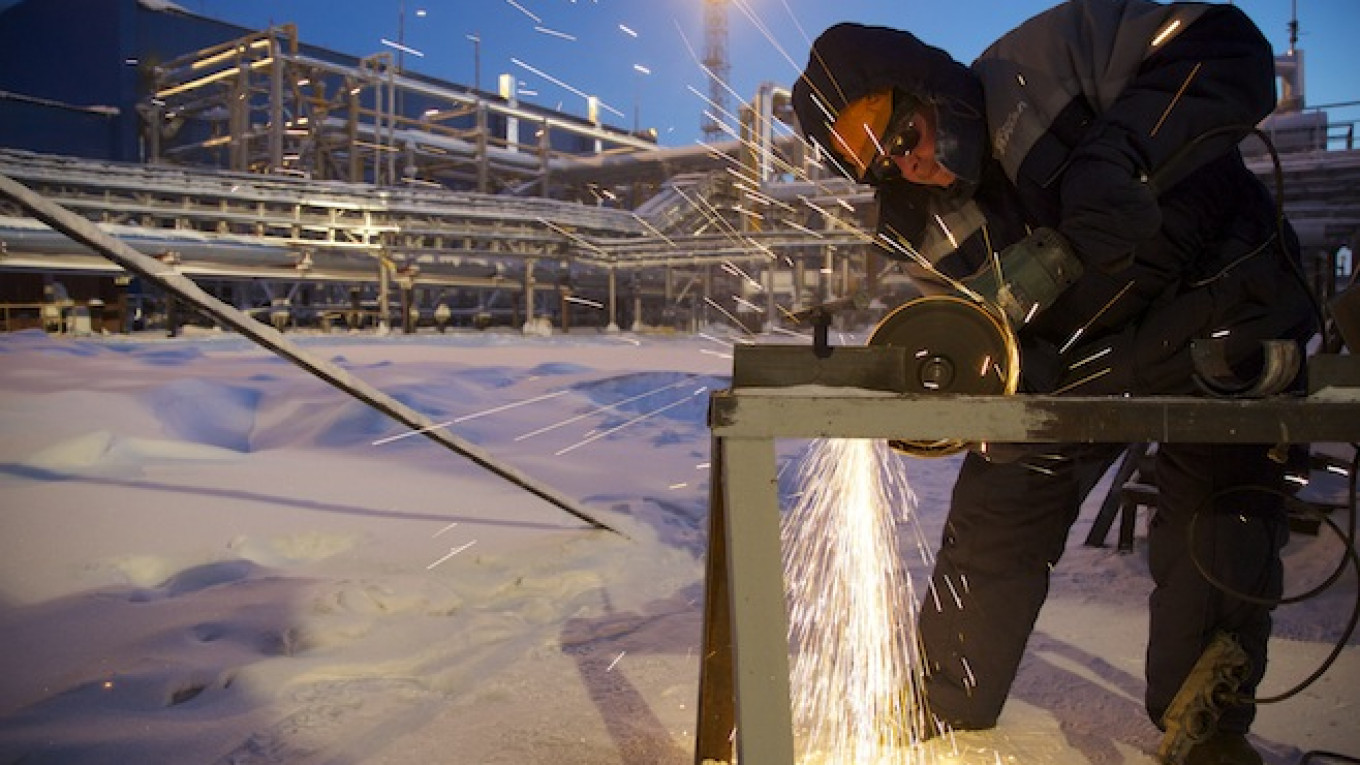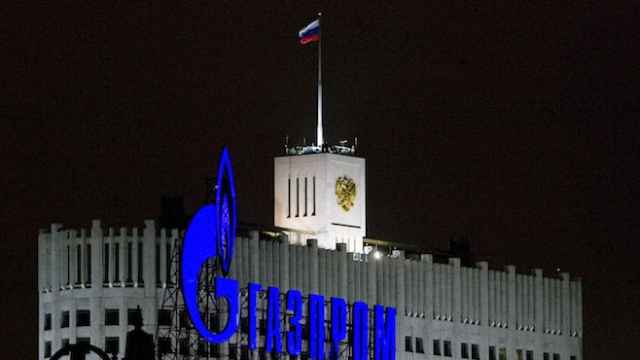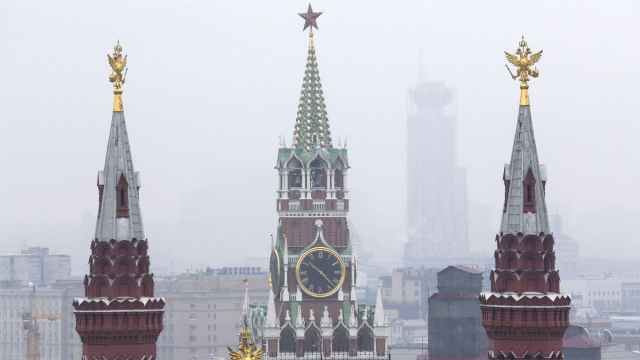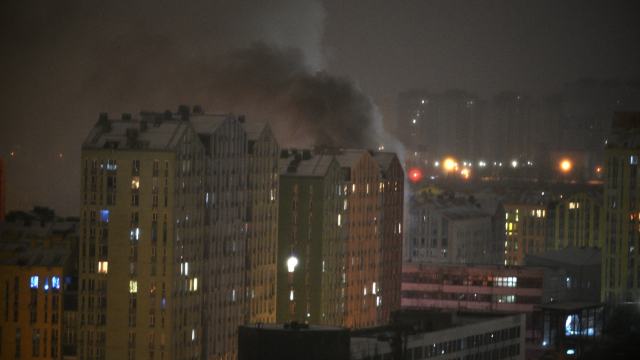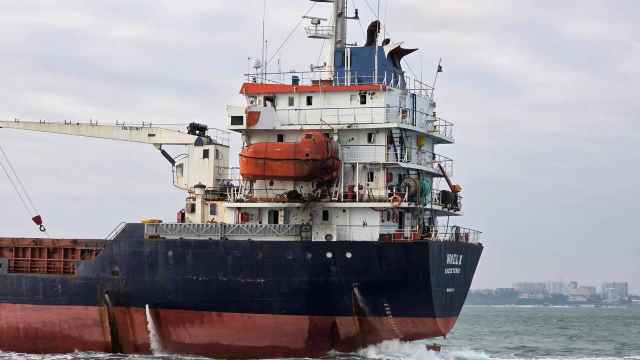BASF oil and gas subsidiary Wintershall is keeping faith with its Russian investments and wants to do more there, despite tense relations between Moscow and Europe over Ukraine.
New chief executive Mario Mehren said the German group's joint exploration with Russian partner Gazprom in Siberia remained its most important global project.
"We are open for further projects in Russia," he told reporters during the World Gas Conference (WGC) in Paris. "Russia continues to be our most important focus region," he added. "Russia needs to know that even in times of political crises we count in its energy."
Mehren, who took the job officially on Monday, succeeding Rainer Seele who left to head Austria's OMV, reaffirmed Wintershall's plan to invest around 500 million euros ($548 million) in the existing projects Achimgaz, Yuzhno Russkoye and Volgodeminpol up to 2018.
These produce 28 billion cubic meters of gas a year, enough to meet a third of Germany's annual demand.
The Kassel-based firm was stung on the Russian side of its business last year when a planned gas asset swap fell through due to tensions over Russia's part in the Ukraine, where pro-Russian separatists are fighting government forces.
Russia ditched plans for the South Stream gas pipeline from the Black Sea through eastern Europe, where Wintershall had been a consortium partner.
With other lucrative projects in Norway, the Middle East and Argentina on the go, Wintershall has alternatives.
Gazprom is also locked in a row with EU regulators over alleged market dominance and unfair pricing practices although it says it is considering concessions to settle the dispute.
But Mehren there was no way around reliance on Russia for gas in the EU.
Purchasing power would move away from the EU to China by 2035, which would overtake the bloc as the world's biggest gas consumer, quadrupling its usage to 600 bcm by 2040, Mehren cited the International Energy Agency (IEA) as saying.
Global liquefied natural gas (LNG) output would be absorbed to the tune of 70 percent by Asia, while the EU with its dwindling domestic resources would continue to buy two-thirds of its gas via pipelines.
EU import demand would rise as its production is due to fall by 2 percent a year and demand to rise by 0.8 percent per year over the longer term.
"Those are not geopoliticial but geological facts," he said.
A Message from The Moscow Times:
Dear readers,
We are facing unprecedented challenges. Russia's Prosecutor General's Office has designated The Moscow Times as an "undesirable" organization, criminalizing our work and putting our staff at risk of prosecution. This follows our earlier unjust labeling as a "foreign agent."
These actions are direct attempts to silence independent journalism in Russia. The authorities claim our work "discredits the decisions of the Russian leadership." We see things differently: we strive to provide accurate, unbiased reporting on Russia.
We, the journalists of The Moscow Times, refuse to be silenced. But to continue our work, we need your help.
Your support, no matter how small, makes a world of difference. If you can, please support us monthly starting from just $2. It's quick to set up, and every contribution makes a significant impact.
By supporting The Moscow Times, you're defending open, independent journalism in the face of repression. Thank you for standing with us.
Remind me later.


